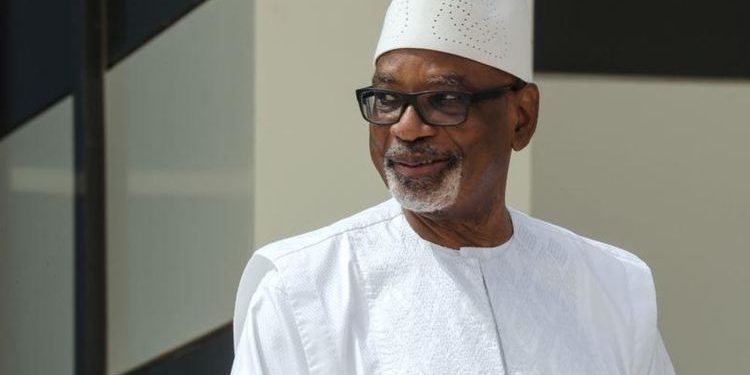Soldiers who ousted Mali’s president and government in a military coup that drew condemnation abroad promised on Wednesday to restore stability and oversee a transition to elections within a “reasonable” period.
President Ibrahim Boubacar Keita resigned and dissolved parliament late on Tuesday hours after the mutineers detained him at gunpoint, plunging a country already facing a jihadist insurgency and mass protests deeper into crisis.
It was still not clear early on Wednesday who was leading the revolt.
But a spokesman for the mutineers, calling themselves the National Committee for the Salvation of the People, said they acted to prevent Mali from falling further into chaos.
The coup was quickly condemned on Tuesday by Mali’s regional and international partners, who fear Keita’s fall could further destabilise the former French colony and West Africa’s entire Sahel region.
Flanked by soldiers, mutineers’ spokesman Colonel Ismael Wague invited Mali’s civil society and political movements to join them to create conditions for a political transition.
“Our country is sinking into chaos, anarchy and insecurity mostly due to the fault of the people who are in charge of its destiny,” he said in a statement broadcast on state-owned television.
“We are not keen on power, but we are keen on the stability of the country, which will allow us to organise general elections to allow Mali to equip itself with strong institutions within the reasonable time limit.”





